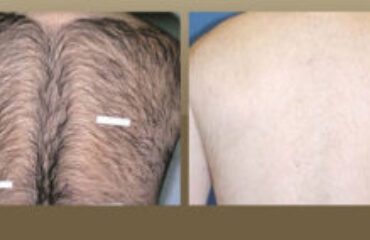According to the CDC, 59,695 people were diagnosed with skin cancer in 2008. Dermatologist in Los Angeles would like to encourage everyone to take time to make some lifestyle changes during Skin Cancer Awareness Month. Following the recommendations below can help you protect your skin against skin cancer.
Dermatologist specialists in Los Angeles recommend that individuals limit their sun exposure to minimize the chances of getting skin cancer. Between the hours of 10:00 AM and 4:00 PM, UV exposure should be limited. A protective sunscreen should be applied to the skin at least fifteen minutes before any outdoor activity.
Tanning beds also increase risks for skin cancer in individuals who frequently use them. Reducing the number of visits to a tanning salon is another way to protect the skin. Alternative tanning solutions or a bronzer may be substituted instead; these options cause less damage to the skin.
Monitoring any changes in skin should become habit. Checking for any discoloration, freckles, burns or other changes must be done regularly. Documenting the skin changes and bringing any concerns up at a Dermatologist appointment makes it easier to identify and address any skin challenges before they become problematic.
Becoming informed about family history is an important step in preserving skin health. An individual with a family history of skin cancer may find it necessary to take more steps to protect against skin cancer. Dermatologists will be able to best advise a person on any preventive steps that should be taken to minimize risks.
Albinism and other genetic factors that create lighter features require a different approach to skin care altogether. Fair-skinned individuals with lighter features are more at risk for developing skin cancer. https://www.caasimada.net/ People with fair skin may be able to tolerate even less UV exposure than others with darker features.
All skin types are vulnerable to developing skin cancer. Those who have a history of blistering, mole, chafing or freckling as a result of sunlight should mention any changes in their skin to dermatologist LA experts to determine what additional measures should be taken to lower skin cancer risks. When it comes to preventive measures, one can never go wrong with sunscreen and limited UV exposure.

